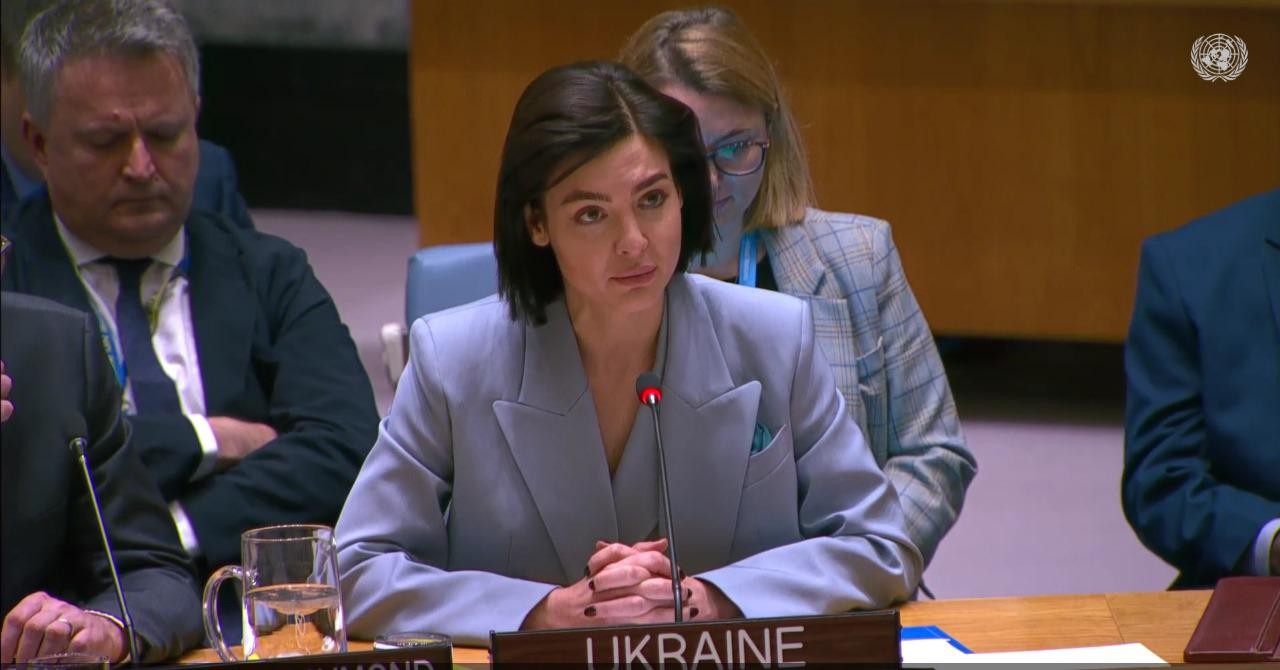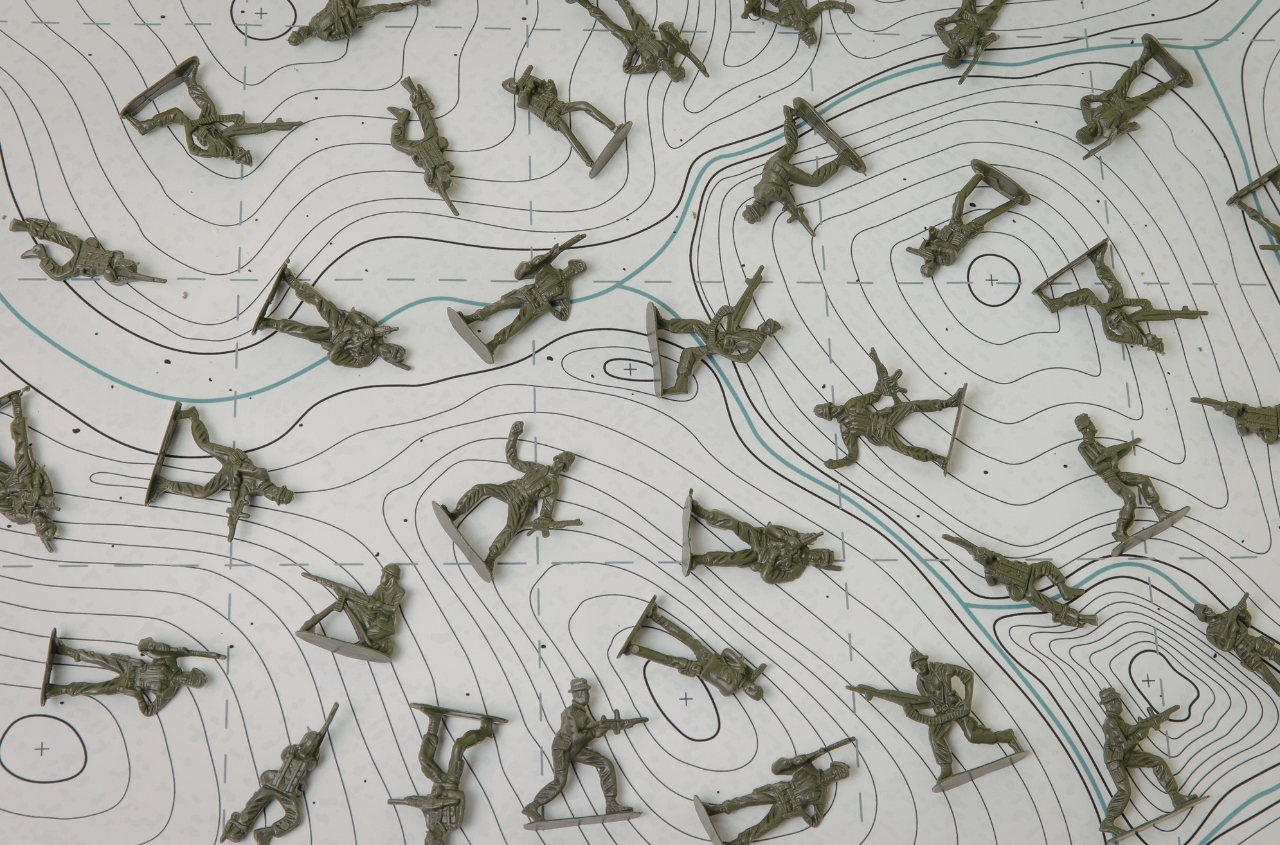Dariia Zarivna, Advisor to the Head of the Office of the President and Chief Operating Officer of Bring Kids Back UA, presented a report to the UN Security Council on systematic gross violations of Ukrainian children's rights: murders, sexual violence, illegal adoptions, and militarization of young Ukrainians committed by Russia during its full-scale aggression against Ukraine.
Today's meeting of the UN Security Council “Maintenance of peace and security of Ukraine” was convened to discuss and draw the world's special attention to the crimes committed by the Russian Federation against children during the war.
Dariia Zarivna thanked the United States of America, which currently holds the presidency of the UN Security Council, for organizing this important discussion and all delegates and speakers for their presentations. She also stressed that Russia has neither legal nor moral right to a permanent seat on the Security Council.
“Russia can never erase its authorship of the atrocities committed in Ukraine. For two years already, a permanent Security Council member's army – Russia’s – has been listed as a grave violator against children. A first in UN history,” she said.
The Ukraine's representative called on the international community to exert maximum pressure on Russia to force it to comply with international law.
The Advisor to the Head of the Office of the President emphasized that at least 16 children are killed or wounded every week. She also noted that millions of Ukrainians, including minors, have become refugees because of the war. Hundreds of thousands of children remain in the territories controlled by the Russian Federation, beyond the reach of Ukraine or international organizations.
Ukraine is searching for nearly 20 thousand children who were subjected to illegal deportation and forced transfer. However, the actual number may be many times higher.
“Russian officials systematically refuse to provide information. But to give you some idea, Russian Children's Rights Commissioner Maria Lvova-Belova boasted about 'settling' over 700,000 Ukrainian children in Russia,” Dariia Zarivna noted.
She recalled that Ukraine, together with Canada, launched the International Coalition for the Return of Ukrainian Children, which was joined by 41 countries and the Council of Europe. Thanks to the joint efforts of the Coalition members, 1,022 children have been brought home.
Another important step in this direction was the adoption of the Montreal Pledge aimed at returning all captured and deported Ukrainians, especially children, at the Conference on the Human Dimension of the Peace Formula held on October 30-31 in Canada.
“We commend Qatar, the Holy See, and South Africa for their willingness to mediate. But we need more help. More action. More solidarity,” Dariia Zarivna stressed.
She specifically urged to bring back to Ukraine the children abducted by Russians and taken to Russia.
Bring Kids Back UA's Chief Operating Officer demonstrated Marharyta Prokopenko's Ukrainian birth certificate and compared it to a Russian document in the name of Maryna Mironova. Russia issued it after Marharyta was abducted from the Kherson Children's Home. In Russia, her name and birthplace were changed, and she was forcibly adopted into the family of State Duma deputy Sergei Mironov.
“Kherson Children’s Home. Just one case of many. Those little kids had to hide in a church basement when your army entered the city. But the FSB found them. And deported. You know where our children exactly are. Stop tormenting them. Bring kids back to Ukraine,” Dariia Zarivna addressed the representatives of the Russian Federation.
Nathaniel Raymond, Executive Director of the Yale University Humanitarian Research Lab and a member of the Bring Kids Back UA Task Force, presented the report “Russia's Systematic Program of Coerced Adoption and Fostering of Ukraine's Children” released on December 3, after 20 months of investigation, which reveals the systematic policy of the Russian authorities to illegally deport, re-educate, and forcibly adopt young Ukrainians.
Kateryna Rashevska, a legal expert at the Regional Center for Human Rights and a member of the Bring Kids Back UA Task Force, emphasized in her speech that more than 1.5 million Ukrainian children remain under occupation.
“The forced imposition of Russian citizenship is a deliberate policy of the aggressor state. Without Russian documents, children face discrimination even in accessing medical care, let alone education and other services in the occupied territories,” she concluded.





















